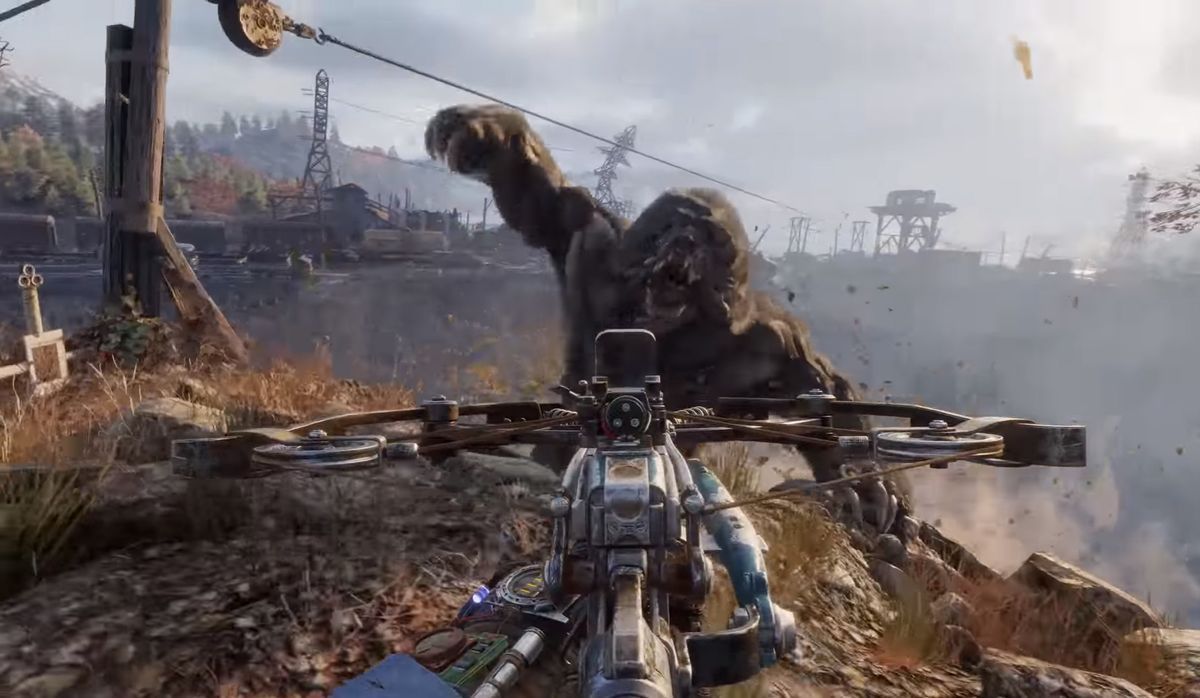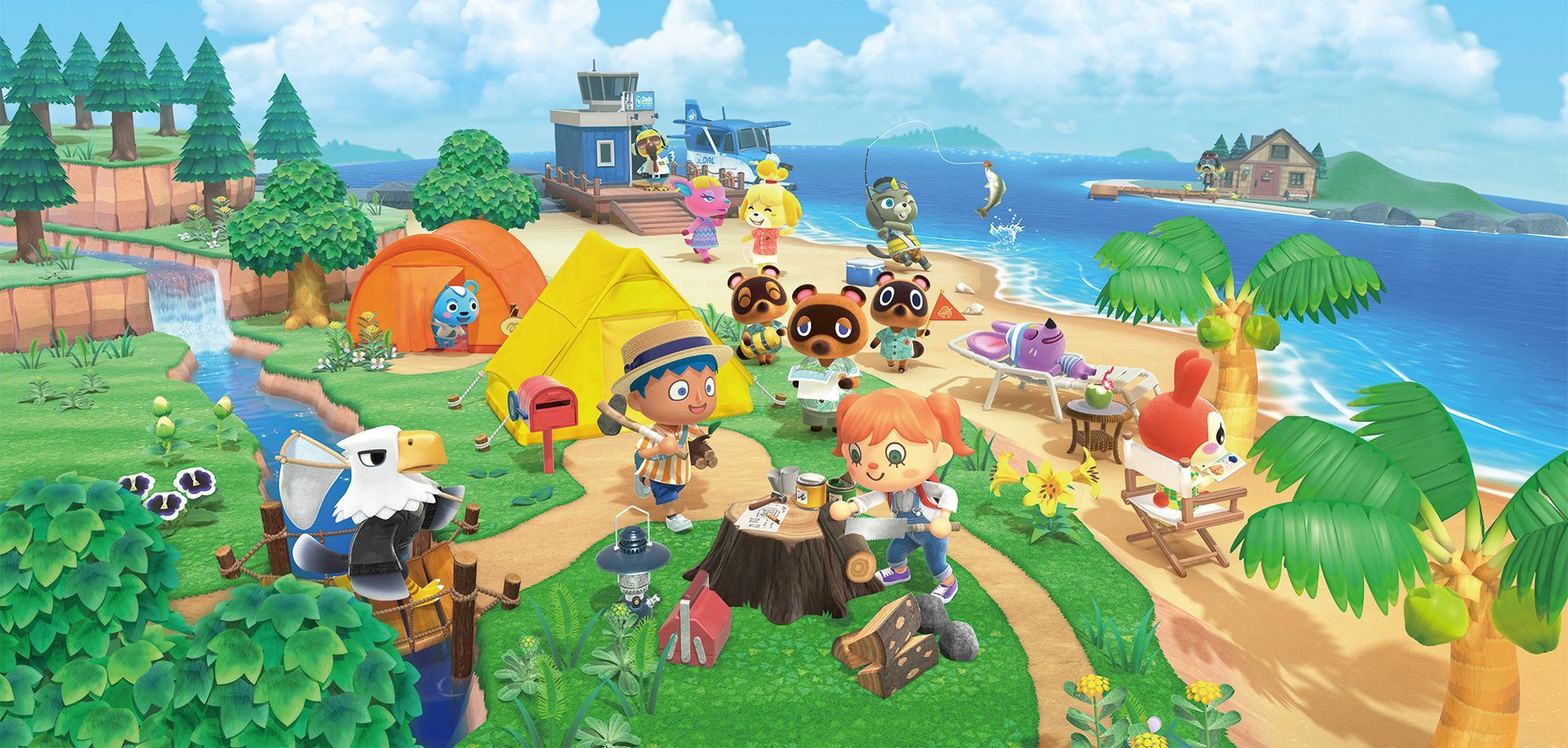
Post-apocalyptic video games have been around for more than three decades. The drama of existing in a world that resembles ours but is somehow kind of off never wears thin.
While it all started with an Electronic Arts game called “Wasteland” in 1988, we continue to see new versions of end-of-the-world-based video games.
Naturally, that comes in other media, too. I almost envy people who have not seen the original “Planet of the Apes.” If you have not, stop reading and go watch it from start to finish.
But as the latest video game adaptation “Fallout” TV series drops on Netflix, we're taking a look at some technology lessons we can glean from these wasteland adventures.
Because, let’s face it: apocalyptic video games paint a dramatic picture but they do offer insight into what we will need to do when… I mean IF… we are ever faced with the challenge of rebuilding the world!

Apocalypse Lesson 1 – Importance of Analog Skills
If technology crumbles, where do we turn? Well, we live like it’s 1979 again. Video games often show the value of analog skills like farming, mechanical repair, and basic survival knowledge.
These skills become crucial for staying alive when high-tech solutions fail. Which one of these will you leverage to make that money and become a small town’s emperor?
Apocalypse Lesson 2 – Resilience of Low-Tech Communication
We don’t need your fancy-pants communications networks. Besides, even now we turn into toddlers when they go down. But what if they are down for good?
According to apocalypse-based games, it’s time to turn to low-tech solutions like ham radio or even carrier pigeons. Having backup communication methods is a valuable lesson.
Apocalypse Lesson 3 - Adaptability of Open-Source Technology
Yep, open-source software and code will be a lifesaver when it’s time to step back in time. That could be a great bridge to rebuilding!
Video games sometimes depict communities building upon and adapting existing open-source tech to solve new problems.

Apocalypse Lesson 4 – Double-Edged Sword of AI
Artificial intelligence can be a powerful tool, but video games often explore the dangers of unchecked AI. Heck, the AI might have been the culprit for pushing us into the Apocalypse.
However lessons can be learned about the importance of responsible AI development and safeguards to prevent autonomous systems from becoming a threat. We just have to make sure the right people develop it in a vulnerable world!
Apocalypse Lesson 5 – Value of Renewable Energy
Do you think there is conflict NOW revolving around renewable energy? Wait until resources are depleted in the Apocalypse!
When that happens in video games, they sometimes showcase the importance of renewable energy sources like solar or wind power. These sustainable solutions become vital for long-term survival.

Apocalypse Lesson 6 – Community and Collaboration
Many apocalyptic games highlight the importance of community and collaboration. I mean, that’s important now anyway, isn’t it? However, during an apocalypse, make sure you make friends with a carpenter, plumber, and perhaps a poker player for income.
Animal Crossing (above), of course, is not an apocalyptic game but it could be, considering we have animal people walking around and they work well together! People with diverse skill sets working together can overcome challenges and rebuild in the face of adversity.
This highlights the need for fostering cooperation and knowledge sharing in technological advancements.




